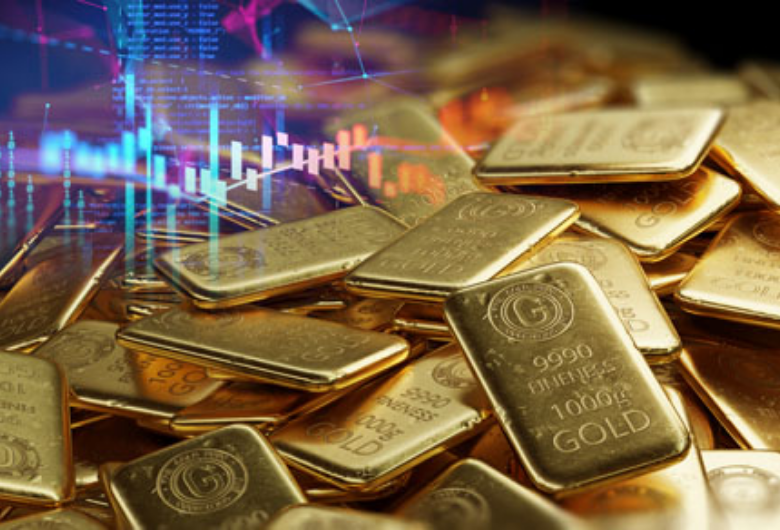The start of the year was a historic moment for Croatia as the nation became part of the eurozone and adopted the euro as its national currency. The move also shows how gold remains an essential asset for central banks.
Last month Krishan Gopaul, European, Middle East and Asian market analyst at the World Gold Council, reported that Croatia bought nearly 2 tonnes of gold in December. This was the central bank’s first gold purchase since 2001.
According to Croatia’s public news agency Hrvatska radiotelevizija – HRT, the gold purchases were related to the nation’s entry into the eurozone. Croatia had to transfer some of its foreign reserves to the European Central Bank, which it is now a member of.
In the interview with HRT, Croatian National Bank (CNB) governor Boris Vujcic, via Google translate, said that they transferred 639.9 million euros to the ECB at the start of January.
The gold purchased, roughly 56,256 ounces and worth more than $101 million, represented 15% of the payment to the ECB, HRT said. The other 85% of the payment was in U.S. dollars, valued at $580.1 million. The central bank said it bought the gold in the open market for slightly more than $1,800 an ounce.
According to HRT, Croatia’s gold reserves have been the subject of heated debate over the years. In 2015 it was revealed that the nation’s gold was sold in 2001 for around $272 an ounce. Croatia had 13.2 tonnes of gold after it broke away from Yugoslavia in the early 1990s.
| There is little the Fed can do to bring down inflation and that will be good for gold – MarketGauge’s Mish Schneider |
Croatia joined the European Union in 2013 and it took nearly ten years to become a member of the eurozone. Nations must meet specific economic criteria to become members of the eurozone, including sound public finances, sustainable price stability and a stable currency.
While Croatia bought gold for the first time in more than 20 years, it certainly wasn’t alone. Last month the World Gold Council noted that central banks bought 417 tonnes of gold in the fourth quarter of last year.
Central banks bought 1,136 tonnes of gold last year, the most since 1967 and the second-highest amount since 1955.
Source: Kitco News
Useful Links

